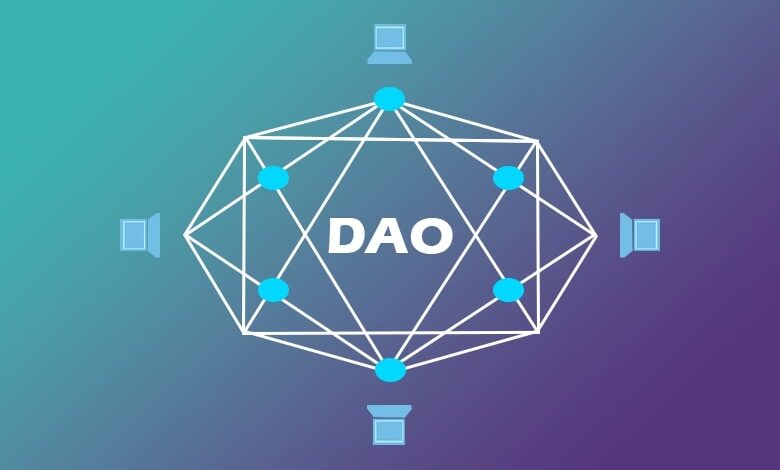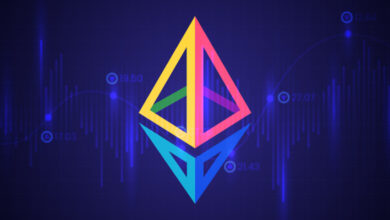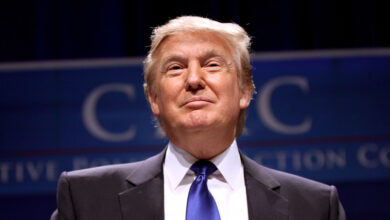Innovative Developer Introduces World’s First Fully Anonymous DAO

On August 12, Amir Taaki, a known figure in the Bitcoin community, announced the creation of what he claims to be the first fully anonymous on-chain Decentralized Autonomous Organization (DAO), which aims to safeguard freedom through complete anonymity.
Taaki’s announcement on X revealed a DAO that operates in complete secrecy. According to Taaki, the structure of this DAO ensures that its operations, including its treasury, transactions, membership, token ownership, and decision-making processes, are entirely hidden from public view on the blockchain. The DAO’s smart contracts facilitate actions such as fund transfers from the treasury, while ensuring that these transactions provide no clues about the treasury’s contents or the identities of the recipients.
In his statement, Taaki emphasized the need for such anonymous DAOs to counter oppressive regimes and protect individual freedoms. He argued that DAOs were initially envisioned as a new model for community-driven mobilization and wealth creation, but this vision has not yet fully materialized.
Taaki, who discussed similar themes in a Cointelegraph interview back in 2014, criticized the current technological landscape for its reliance on surveillance and data collection. He believes that anonymous DAOs represent a solution for creating free, uncensored, and sovereign online entities.
Taaki is collaborating with DarkFi, a team focused on developing anonymous tools that leverage the full potential of cryptocurrency. Nick Almond, CEO of Factory Labs and founder of Factory DAO, reacted to the news by describing the anonymous DAO as “cypherpunk AF” and a crucial “privacy building block.” Almond expressed excitement about the potential impact of this development on DAO game theory, which explores how individual actions within a DAO can lead to optimal outcomes for the organization as a whole.
It is worth noting that the concept of DAO governance, particularly within the realms of cryptocurrency and decentralized finance (DeFi), has faced challenges. These include issues related to the lack of traditional hierarchical structures, which can lead to unclear leadership roles, and the risk of centralization due to uneven token distribution. These challenges have been observed in governance problems with various DeFi protocols, such as Uniswap and Compound Finance.





